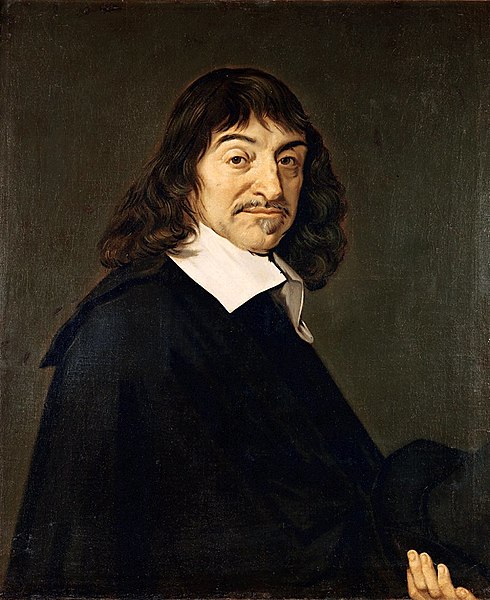Declarative knowledge is an awareness of facts that can be expressed using declarative sentences. It is also called theoretical knowledge, descriptive knowledge, propositional knowledge, and knowledge-that. It is not restricted to one specific use or purpose and can be stored in books or on computers.
Declarative knowledge can be expressed using declarative sentences stored in books.
The thought experiments by Edmund Gettier influenced many epistemologists to seek additional components of declarative knowledge.
Knowing how to play the guitar is one form of non-declarative knowledge.
Familiarity with the flavor of chocolate is one example of knowledge by acquaintance, which belongs to non-declarative knowledge.
Epistemology is the branch of philosophy concerned with knowledge. Epistemologists study the nature, origin, and scope of knowledge, epistemic justification, the rationality of belief, and various related issues. Debates in contemporary epistemology are generally clustered around four core areas:The philosophical analysis of the nature of knowledge and the conditions required for a belief to constitute knowledge, such as truth and justification;
Potential sources of knowledge and justified belief, such as perception, reason, memory, and testimony
The structure of a body of knowledge or justified belief, including whether all justified beliefs must be derived from justified foundational beliefs or whether justification requires only a coherent set of beliefs; and,
Philosophical scepticism, which questions the possibility of knowledge, and related problems, such as whether scepticism poses a threat to our ordinary knowledge claims and whether it is possible to refute sceptical arguments.

Bertrand Russell famously brought attention to the distinction between propositional knowledge and knowledge by acquaintance
The analytic–synthetic distinction was first proposed by Immanuel Kant.
David Hume, one of the most staunch defenders of empiricism
René Descartes, who is often credited as the father of modern philosophy, was often preoccupied with epistemological questions in his work.








